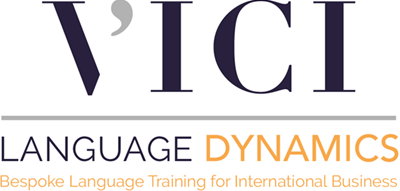Prime Minister Theresa May surprised no one this week by confirming that Britain will leave the single market when it leaves the European Union. Which ever side of the debate you are on, one thing is certain, things are about to get a whole lot more competitive and the need to find that ‘edge of advantage’ will never have been greater.
Good business is reliant on strong communication skills. Effective networking and good relationship building are vital components of success, regardless of the idea, service or product being provided. If you are trading in Europe, all of them rely heavily on language skills. Being able to communicate, even at a basic level, eliminates a barrier, but it goes a step further, it creates a bond.
Imagine this; two suppliers; same product, same conditions, same price, but one pitches to the buyer using her second language and the buyers mother tongue. The other apologetically delivers in English. Who wins the deal? Nine times our of ten it will be the person who has demonstrated respect and commitment to doing business in that country by learning their language.
When it comes to negotiating, businesses are far more likely to engage favourably and into a partnership arrangements with native speakers. Similarly, those that speak the language will find relevant introductions far easier to come by growing their networks with ease unlike those that don’t.
So if you are planning to grow your business beyond Britain’s borders then it is imperative you ensure you include languages when examining the broader skill set of your workforce.
(Vici Language Dynamics has been supporting business in language coaching for over 10 years offering effective one to one, small groups and online training. For more information speak to Nathalie: ndanon@thevici.com)

